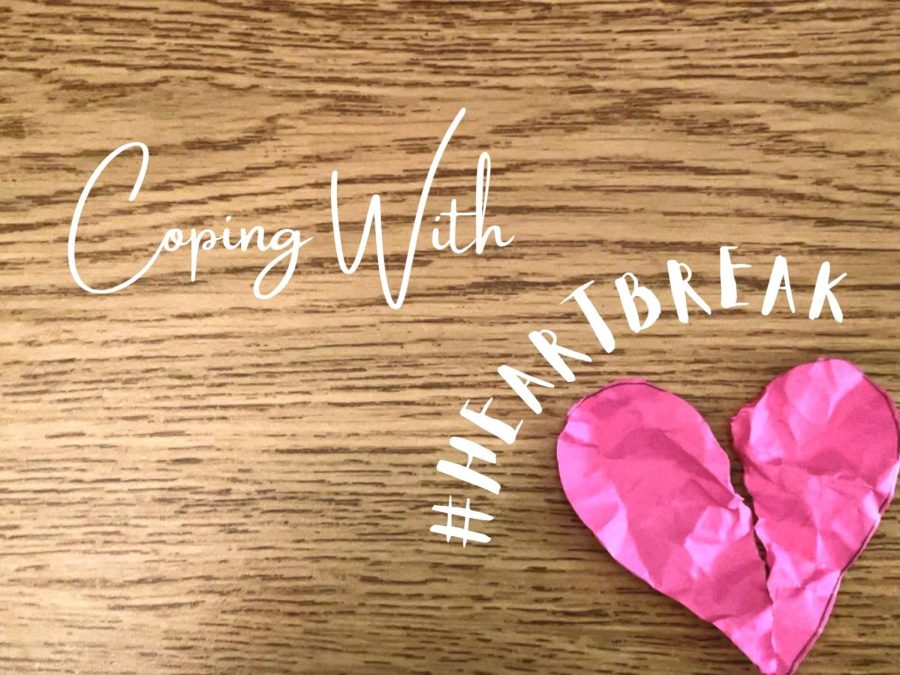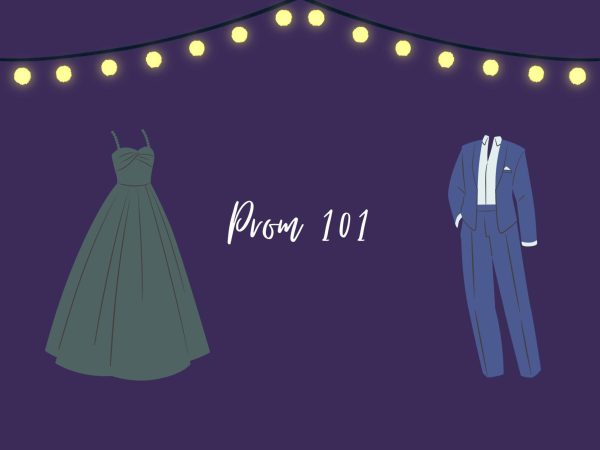Coping with heartbreak
Caption Photo credit: Zioni Moore As the major holidays come around, couples post their adorable photos together. However, the larger population of single people can become envious. Breakups hurt and incorporate a trauma of their own. This leads to many forms of maladaptive coping (like any trauma, such as grief) to manifest, such as relapsing, denial, and isolation.
November 11, 2021
Breakups, for a lack of a better term, suck. Regardless of if a couple has celebrated their 20 year anniversary or two months, the end of a romantic relationship causes immense pain for both parties. A multitude of feelings and actions spring from a recent breakup. While predictable, certain factors that the majority of people experience can cause extreme harm, potentially blocking an individual from growth.
Denial
Denial encompasses the underlying feeling of betrayal and disbelief with an ended relationship.
“Denial is a type of defense mechanism that involves ignoring the reality of a situation to avoid anxiety… if you are in denial, it often means that you are struggling to accept something that seems overwhelming or stressful,” psychosocial rehabilitation specialist Kendra Cherry said.
Similar to most defense mechanisms, denial, coined by famed psychologist Sigmund Freud, stems from an unconscious need to protect oneself from outside stimuli. Regardless if one suffers from PTSD, practicing denial rarely becomes productive. Rather, it enforces a blind spot between an individual and their reality. Acknowledging that the relationship has ended eliminates the possibility of a disordered reality, and places certain individuals on the path to healing within the first steps.
Isolation or Satiation
The same devil with a different face, so to speak. Plenty find themselves, after realizing that a relationship has ended, either isolating themselves from society or introducing a multitude of people into their lives, with the hope of filling the void left from their past relationship. Regardless of intentions of protecting oneself from further heartbreak or not, the maladaptive behavior of isolation in particular almost always becomes something akin to procrastination.
“One possibility is that individuals engage in maladaptive behaviors because they expect that those behaviors will fulfill their hedonic goals (desires), when, in fact, they may not,” author for the National Institute for Health Benjamin Swerdlow said.
Regardless, while isolationist behavior lies on the milder side of maladaptive thinking, sanitation easily blends in with the more common forms of the coping style. Finding someone to fill the void of someone’s past partner reigns dominant with satiation. The saying “there’s only one you in the world” remains true in this context. Only one copy of someone’s previous partner exists, and by attempting to replace them with another does a disservice to oneself.. Regardless, in these scenarios, staying alone and developing your individual personality again remains the best option for a path towards healing.
Relapse
Something about the other person makes it so they feel inescapable; almost like there’s no other choice but to ask for them back. The need or action to reach back out to one’s ex and rekindle the relationship defines this.
“Because the pain is unbearable, you are relentless in your pursuit of reconciliation,” psychologist Suzanne Lachmann said.
A 2017 study done by the PubMed Center re-enforced what previous studies already exacerbated: the feeling of romantic love within the brain akin to taking hard drugs. Western society prioritizes the concept of a romantic lover. Coincidentally, this causes individuals to attribute their self-worth to someone else.
“We want it, seek it and have a hard time not thinking about it. We need attachment to survive and we instinctively seek connection, especially romantic connection,” psychologist Sarah Berry said.
Overall, people must understand that breaking up with someone places them in a traumatic situation. Losing an important figure in one’s life comes with immense grief, and that easily leads to coping mechanisms that cause more harm than actual benefits. Nevertheless, light always shines at the end of any tunnel, and the experience brings plenty with a higher understanding of themselves.
Most importantly, individuals should look into themselves and reflect on which behaviors they exhibit and do the opposite. In denial of an ex? Accept that the breakup has happened. Avoid falling into the trap of feeling incomplete without a partner. Understand that isolation eliminates any chances to grow, and replacing cannot make an ex jealous or fill any void. Taking the experience and becoming a better person: the one goal of any failed relationship.
“I changed myself for the betterment of me; at the end of the day, I only have me, and I deserve to be happy,” magnet junior Madison Oakley said.

















